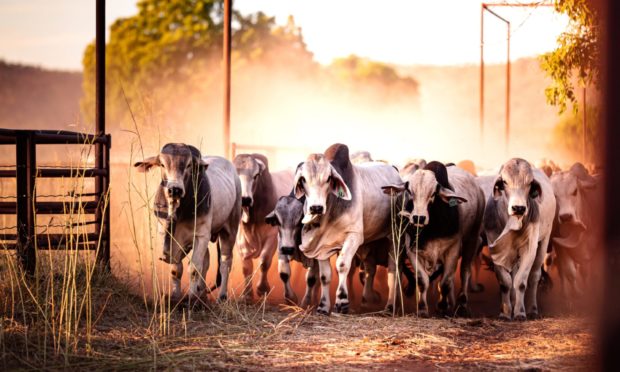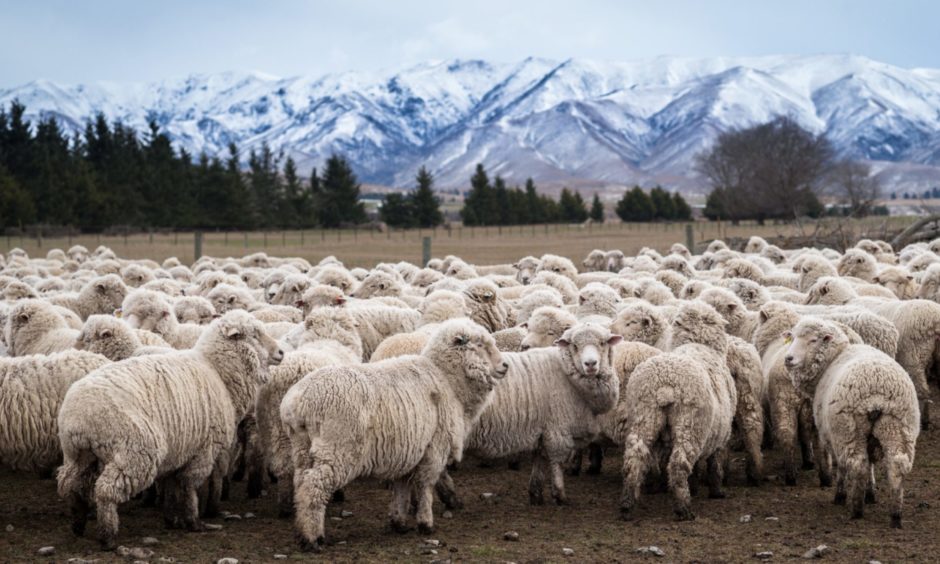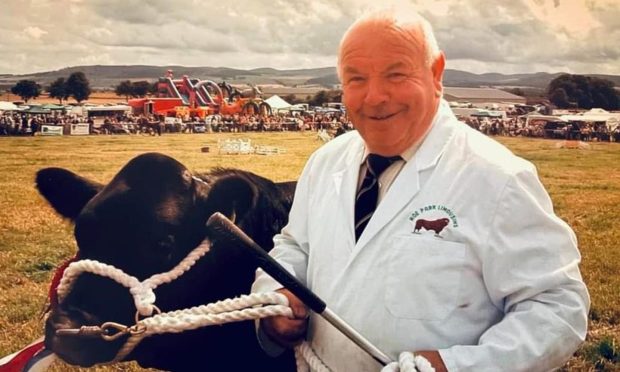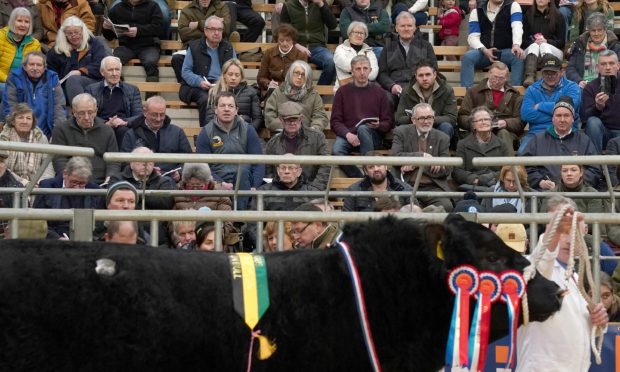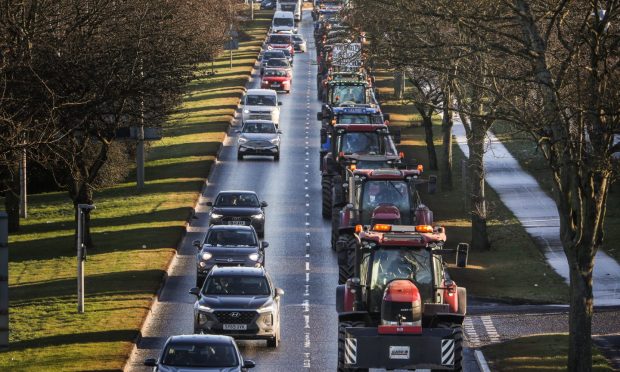So farmers are supposed to feel comforted when Boris Johnson promises they’ll be protected in an Australian trade deal?
Even when he refuses to spell out how that might work?
Westminster’s assurances were suspect even before the Brexit fishing debacle, and I’m not sure anyone is fooled by Downing Street’s rhetoric about the importance of the rural economy or promises of maintaining high environmental and animal welfare standards.
It’s no secret, after all, that Australian cattle are finished by the tens of thousands in intensive feedlots and live animal transport rules aren’t a patch on ours.
In short, it comes as no surprise that the British farming industry is about to be sacrificed at the alter of cheap food and a quick buck. The government has form.
Stretching the transition of what is understood to be a quota free and tariff free trade agreement over 15 years makes the proposition no easier to bear. Sooner or later family farms will be unable to compete with the scale and might of agriculture down under.
Australian media outlets are already reporting the prospect of wider access to the UK within weeks, beginning with “premium exports”. Even if volumes are small in Australian terms, competition in the high-end cuts market could be crippling to producers here.
All this when there has been no consultation with devolved governments or farming leaders – and without the establishment of a statutory Trade and Agriculture Commission to scrutinise the deal. That’s yet another commitment that appears to have fallen by the wayside.
And now that a precedent has reportedly been set we can be sure the international queue to conclude deals is backing up, with New Zealand reportedly neck-and-neck with Australia in the race to secure unfettered access for agricultural produce.
The crisis has been a baptism by fire for Scotland’s new Rural Affairs Secretary, Mairi Gougeon, who rightly argued in her letter to International Trade Secretary Liz Truss that shipping meat from massive feed lots at the other side of the world is contrary to the policy that trade should support progress to achieve net zero.
The Australian industry’s emissions and the unsustainability of transportation makes a mockery of environmentalists’ calls for small-scale, extensive livestock production to be reduced in the marginal hills and uplands of Scotland – although ironically that could be a consequence of Westminster’s approach.
The £100,000 golden handshake proposed this week by Defra for English producers who want to retire must be starting to look very attractive to many family farmers south of the Border.
